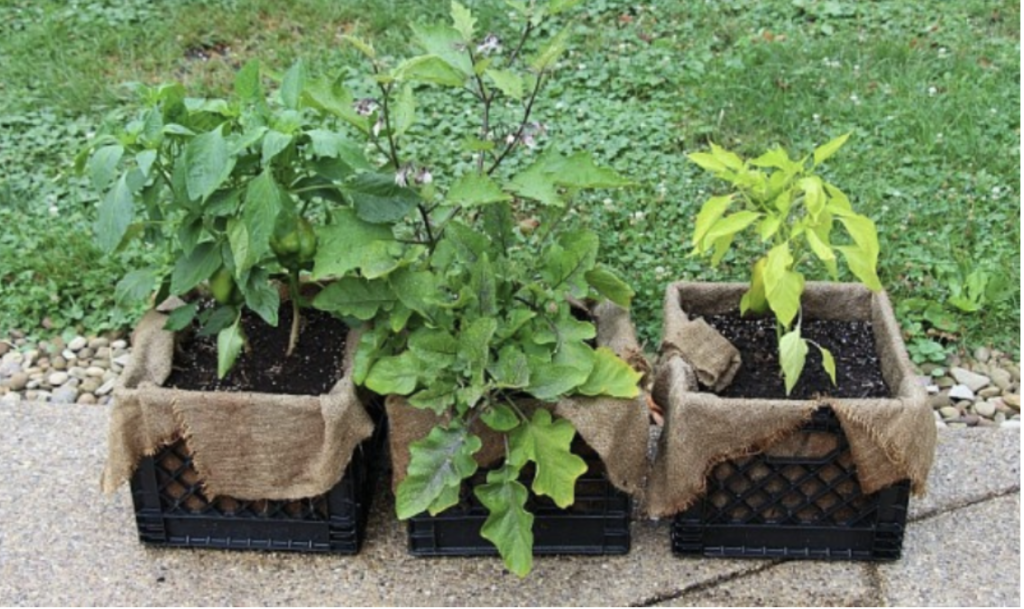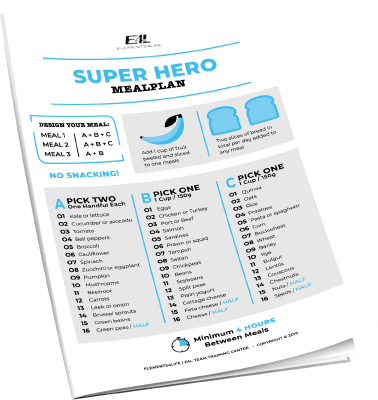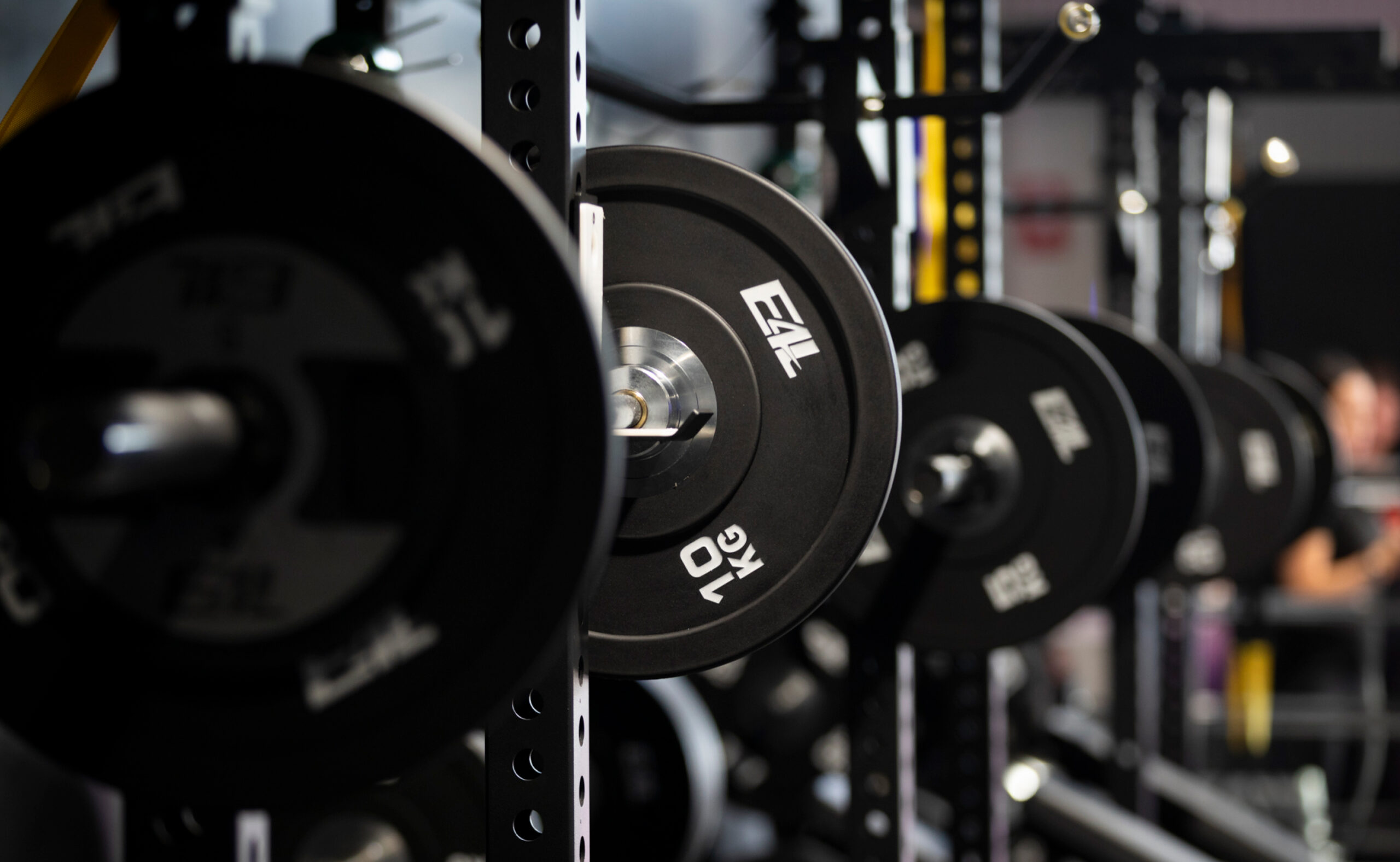Organic Gardening Myth Busters
Growing your own organic and nutrient-rich produce at home is better for you, saves you money, and is immensely satisfying. Going organic is relatively simple. You need to feed the soil to ensure that it remains a healthy environment for your plants to grow in. This means using natural fertiliser and pesticides and avoiding chemicals. The soil is ultimately the most important part because without it, nothing grows. Let’s bust a few myths about organic gardening…
Myth 1: It’s more expensive
Buying organic produce from your local grower’s market or grocer will cost you more but going organic at home is not expensive. All you really need to get started is to buy seeds and mulch, both of which are inexpensive. Also, when you’re looking for natural solutions, you can cut costs by making your own pest spray with garlic and pepper and repurposing old containers instead of buying expensive pots.
Myth 2: You need to be an expert
People think organic gardening requires more advanced skills than traditional gardening, but this isn’t true. The only thing that might be different is the approach, ie. converting from synthetic inputs to biological/microbial inputs and using structured water. Just throwing a bunch of chemicals at your plants may be quick and easy, however you will eventually degrade soil health and plant nutrient density.
Myth 3: Organic means small yield
Because most gardeners are operating from small gardens, they tend to look for high-yielding plants and vegetables to maximise space. They assume that synthetic pesticides and fertilisers are necessary for a high yield. But this assumption isn’t based on small-scale gardening. It’s based on the idea that organic gardening wouldn’t be sufficient for mass producing vegetables. If you were trying organic farming on a large-scale farm, then you can achieve higher yields through conversion to biological farming (without synthetic chemicals). Also, a small vegetable garden can achieve high yields with the same approach. It’s perfectly feasible to high-yielding vegetables grown organically in a much smaller space. Phi’on can also assist large-scale farmers to establish an on-site production system for biological, liquid, fermented products to spray on soils or crops.

GOING ORGANIC
As the world faces what scientists are calling an “imminent crisis” in the supply of phosphate, it seems like a good time to talk about biological farming.
Phosphate is a critical fertiliser that underpins the world’s food supply – an essential mineral for all life on Earth. Researchers say humanity could only produce half of the food it does now without phosphate and nitrogen.
Nitrogen is seemingly limitless, but rock phosphate is a finite resource, and at current rates of use, many countries may run out of their domestic supply within decades. Consequently, farmers will need to adopt alternatives, and biological balancing is a clear path forward.
The availability of balanced microbial formulations has changed approaches to sustainable agriculture and enabled farmers to achieve significant results in soil health, increased plant nutrition and yields within one cropping season of microbial balancing.
Farmers are becoming increasingly aware that the capital value in a soil is primarily the abundance and diversity of microbes, soil carbon, organic compounds and about 70 minerals that plants need to reach their full potential of nutrients and resilience.
Results in biological farming were dramatically demonstrated by MicroFert on the Summer Hill property of Barney Hughes near Junee, NSW, in 2008 where they used only a liquid microbe formulation with added trace minerals and were able to increase the percentage of soil carbon by 1.5%, phosphorous availability by 400%, plant nutrients by 100% and grain production by at least 30%.
The benefits of biological farming, along with the use of structured water, are easily identifiable, and include:
- Larger crops of better-quality produce
- Shorter growing periods to maturity
- Wider growing seasons due to increased soil moisture retention and carbon levels
- Enhanced natural resistance to many pests and diseases
- More nutritious and flavourful products for consumers and therefore improved marketability.
Experience in biological farming also shows that the use of trace minerals along with microbial balancing is fundamental to food production and security of that production process in adverse climate conditions. It’s the combination of a healthy, microbially balanced soil and the adequate supply of trace minerals that increases disease resistance and nutrient density in food.
VISIT PHION PRODUCTS
Please visit our Holistic Health Shop for all our products. Click the button and learn more.











 ‘Service’ defined as ‘the action of helping or doing work for someone’ - the service that Elements 4 Life provides goes beyond this. The coaches are genuine, their approach to training is exciting and progressive, you will be supported and challenged to be the best version of yourself – mind and body. Then there’s the amazing people, our E4L community, this is what makes the gym so unique to all the other gyms I’ve been a member of.
‘Service’ defined as ‘the action of helping or doing work for someone’ - the service that Elements 4 Life provides goes beyond this. The coaches are genuine, their approach to training is exciting and progressive, you will be supported and challenged to be the best version of yourself – mind and body. Then there’s the amazing people, our E4L community, this is what makes the gym so unique to all the other gyms I’ve been a member of. 





